Chemical equilibrium conditions from "summary" of Physical Chemistry by Robert G. Mortimer
Chemical equilibrium conditions are a crucial aspect of understanding the behavior of chemical systems. When a chemical reaction takes place, the reactants are converted into products until a point is reached where there is no further change in the concentrations of the reactants and products. This state is known as chemical equilibrium. At equilibrium, the rates of the forward and reverse reactions are equal, resulting in a dynamic balance where the concentrations of reactants and products remain constant over time. The equilibrium constant, denoted by K, expresses the ratio of the concentrations of products to reactants at equilibrium. The equilibrium constant is a fundamental parameter that characterizes the extent of a chemical reaction and provides valuable information about the position of equilibrium. The value of K is dependent on the stoichiometry of the reaction and is temperature-dependent. In order to e...Similar Posts
The electronic configuration of an atom determines its chemical properties
The electronic configuration of an atom is a crucial factor that determines its chemical properties. Electrons in an atom are a...
Suitable for students of all levels of proficiency
This comprehensive question bank is designed to cater to students of varying levels of proficiency, ensuring that it is accessi...

Creativity can solve scientific puzzles
In the world of science, puzzles are often waiting to be solved. These puzzles can be complex, requiring a deep understanding o...
Prices fluctuate based on market conditions
In economics, prices are not fixed entities but rather dynamic variables that respond to changes in market conditions. This mea...
Green chemistry principles promote sustainable and environmentally friendly practices
Green chemistry principles are based on the idea that chemical processes and products should be designed in a way that minimize...
Chemical equilibrium occurs at minimum energy
At the heart of chemical equilibrium lies the principle that a system tends to minimize its energy. When a chemical reaction re...
Gibbs free energy determines whether a reaction is spontaneous
The Gibbs free energy is a crucial concept in determining whether a reaction is spontaneous or not. When we talk about spontane...
Atoms are the building blocks of all matter
The fundamental concept of chemistry revolves around the idea that everything in the universe is composed of atoms. Atoms are i...
